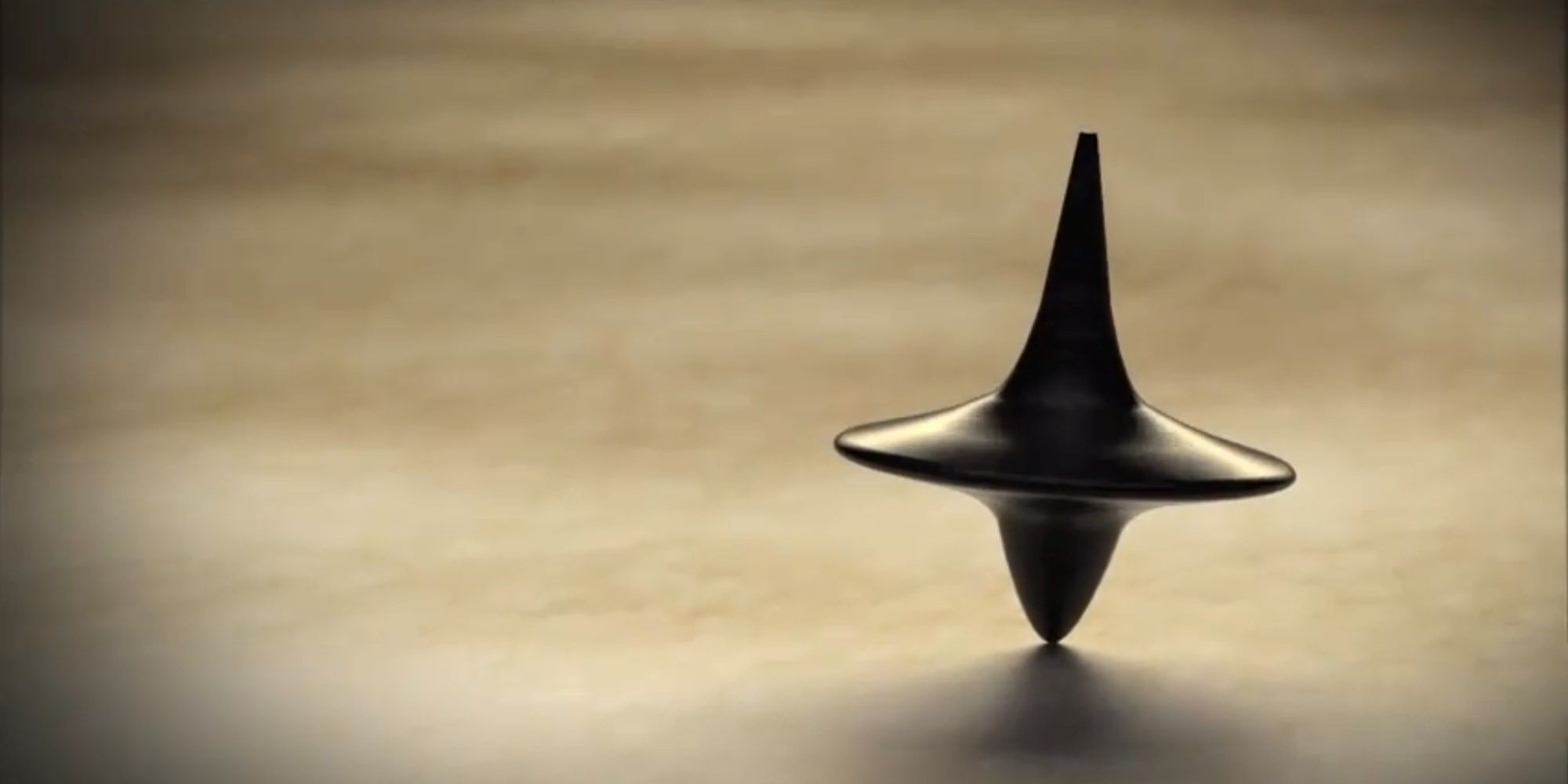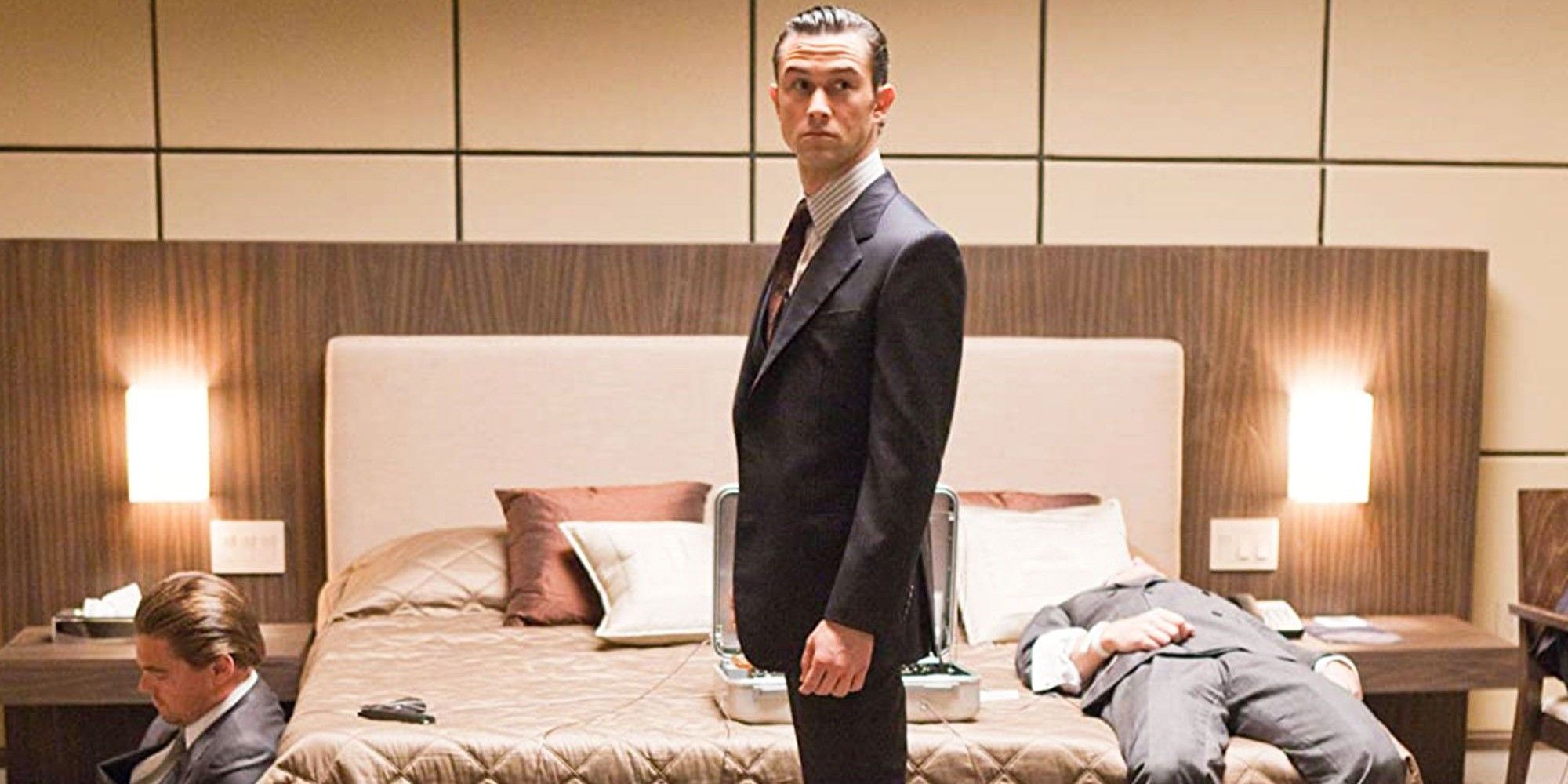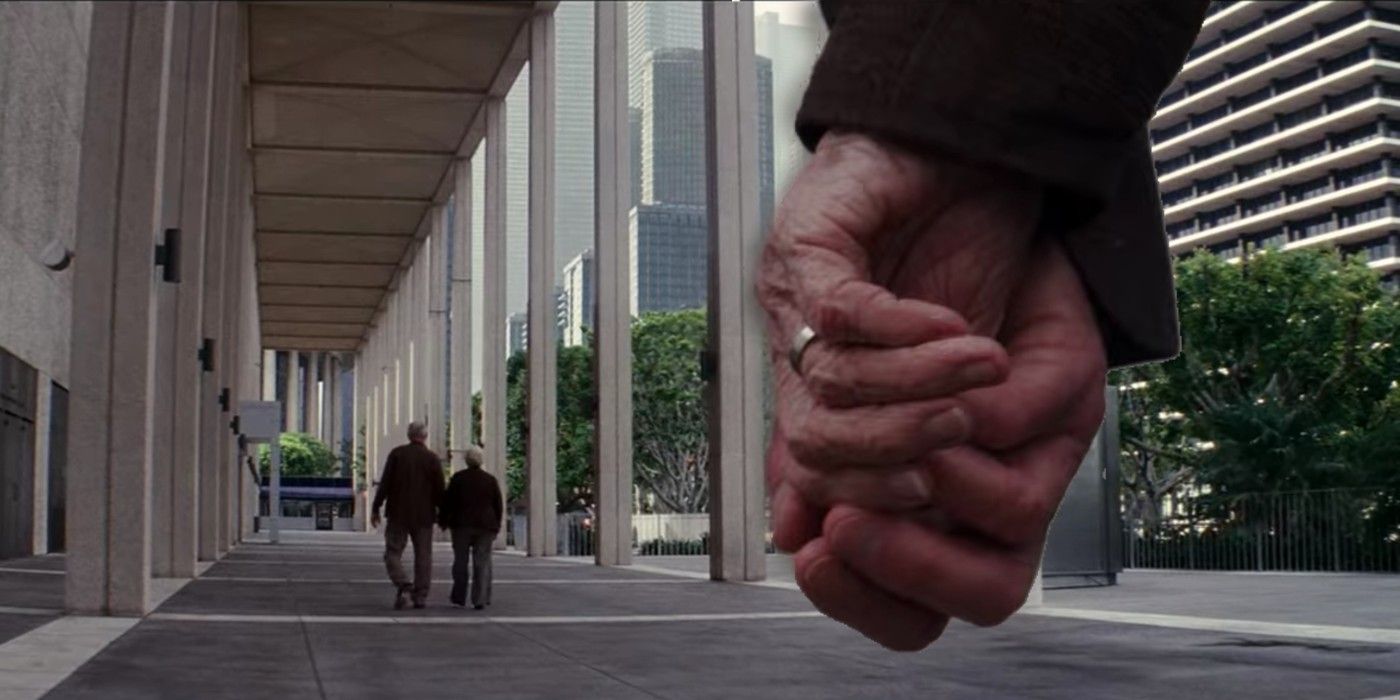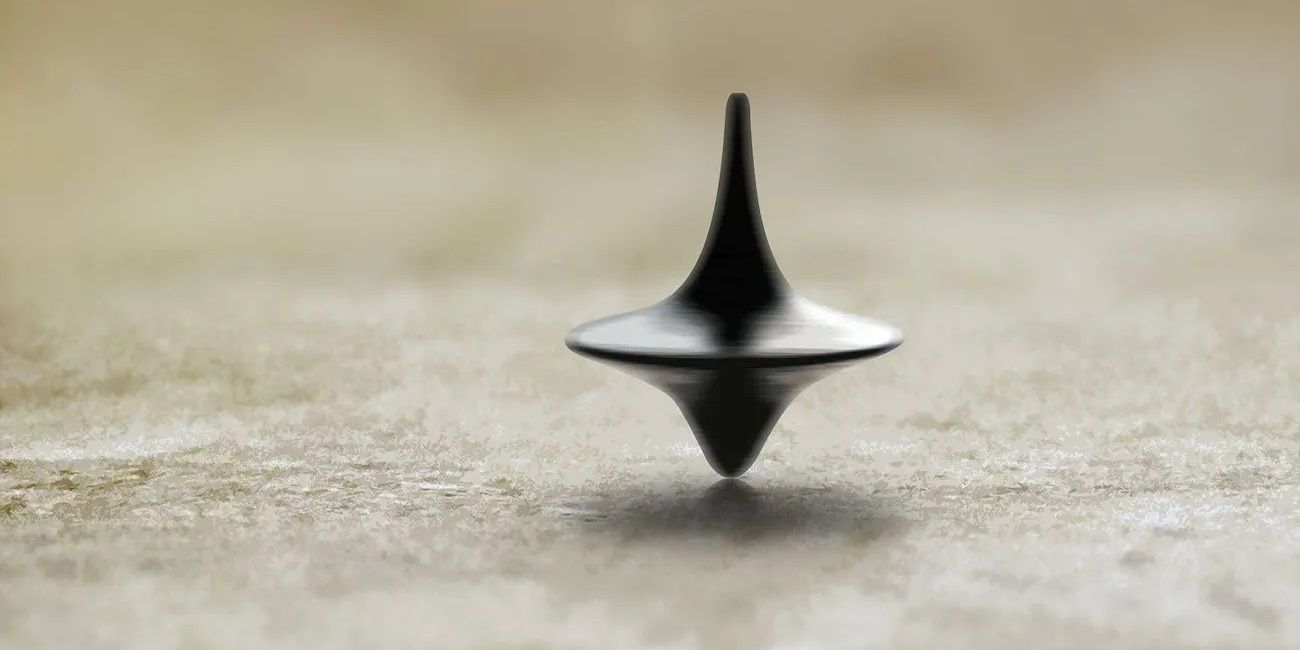Despite endless talk of a sequel to Christopher Nolan’s mind-melting masterpiece, an Inception prequel might work far better. Released to widespread acclaim, Inception cemented Christopher Nolan’s status as one of the most ambitious filmmakers of his era. Leonardo DiCaprio is Cobb – a thief who uses dream-sharing technology to pluck valuable snippets of information from his victims’ minds and sells them to the highest bidder. Along with his team, Cobb attempts the risky practice of inception – a reversal of his usual gig, whereby he places a thought into the target’s mind instead of taking one. Nolan’s depiction of a cinematic dream world captured imaginations completely and stayed the course to become one of the greatest movies of the 2010s.
Naturally, talk of an Inception 2 has barely ceased over the past 10 years, but outside his Batman movies Christopher Nolan doesn’t seem interested in sequels, and the director hasn’t offered even the vaguest hint that a return to Inception‘s world could be on the cards. With Inception‘s popularity, sequel discussion will rumble on, but rather than a follow-up to Cobb’s story, a prequel may be more exciting. Given Nolan’s reputation, another Inception movie of any kind remains highly unlikely, and many would argue that’s for the best, but while a sequel would surely only lead to disappointment, a prequel could actually enhance the 2010 original.
Why An Inception Sequel Shouldn’t Happen

While an Inception prequel is an exciting idea, it also avoids the franchise going down the ill-advised path of a sequel. Even if Christopher Nolan were to return alongside his original Inception cast members, the inherent risks of a sequel far outweigh the potential benefits. Inception might require multiple viewings to understand fully, but from the very first watch, it’s explicitly clear that the arc of Leonardo DiCaprio’s Cobb is intended to stand alone. Flashbacks and dialogue fill in the tragic backstory of Cobb’s family, and the mechanics of shared dreaming are mapped out for the audience.
Inception gives viewers all the information required to invest. By the end credits, Cobb’s redemptive journey (the true story of Inception) is complete, leaving no reason for a sequel or room for expansion. Sure, Eames feels like a character with a colorful past, and Arthur is little more than Cobb’s “glamorous assistant,” but there’s nothing in Inception that demands continuation. Of course, the main reason Inception 2 remains such a hot topic is its ambiguous ending.
Does he really reunite with his children, or is Cobb still dreaming? That question has confounded Inception fans endlessly since 2010 which a sequel could answer. However, the ambiguity in Inception‘s ending is very much the point of the whole story. Cobb makes a choice to accept his own reality, whatever that might be, thereby completing the character arc that began when he failed to do the same for his wife. If an Inception sequel were to reveal whether or not Cobb was still dreaming (something it couldn’t possibly ignore), the meaning of the first film’s ending would be tarnished.
Sequels are disappointing at the best of times, and especially with a universally beloved movie like Inception. Even if the follow-up was “good,” that’s still a pale imitation of its predecessor. But in Inception‘s case, Nolan deliberately bends his concept into a standalone narrative, making a sequel even more liable to fall flat.
Inception’s Prequel Can Explore The Dream Tech’s Origins

There’s a hidden story within the movie’s confusing plot that’s perfect for an Inception prequel. Nolan’s Inception concept is completely dependent on the dream-sharing technology used by the likes of Cobb to poke around in others’ minds. Without this, there’s no extraction, no inception, and no tragic origin. Cobb and Mal are just two ordinary parents living happily with their two children, never even thinking about delving into the dangerously experimental world of layered dreams. And yet, this technology arrives in Inception fully formed, with only the briefest of backstories given to explain its existence.
Inception‘s shared dreaming is achieved by administering the drug Somnacin through a PASIV machine – a technique initially developed for military training purposes as part of the mysterious “Project Somnacin.” Blu-Ray features add a few names and minor details to this history lesson, but the true origin of Inception‘s dream sharing remains largely untold – and would make for a fascinating prequel concept.
A government military research unit developing shared dreaming under the title “Project Somnacin,” with the idea that soldiers can spend all day killing each other in a separate reality, feels like the stuff dystopian sci-fi dreams are made of. Project Somnacin raises a host of moral dilemmas, while question marks remain over how dreaming was ultimately used in warfare. Inception shows the process from a private sector viewpoint – stealing secrets and making money – but do soldiers succumb to the same detachment Mal did in Inception? Could entire wars be fought in dreams to avoid casualties? Could the government even use inception to secretly implant orders into their soldiers?
There’s a whole other side to dream sharing that Inception doesn’t have room to deal with, and it all stems from the shady Project Somnacin. A prequel could explore the real reason dream sharing was developed (surely the government’s plan goes beyond merely making training more realistic), and how the soldiers’ minds were affected by the experience. Who was the first person to discover Limbo, and is there a counter-movement that claim to know the real reason shared dreaming was introduced to the armed forces? These questions, and many more, could form the foundation of an insightful Inception prequel movie.
A Project Somnacin Prequel Can Compliment Inception, Not Ruin It

By setting a second Inception prequel years before the story of Cobb and his team, as well as introducing a completely new cast and setting, most of the pitfalls that come with a sequel can be averted. The lack of obvious connections to the first movie would ease the pressure of following one of the best cinematic achievements in recent memory, and also reduce the capacity for direct comparison, since a Project Somnacin movie would be a standalone story in its own right, merely set within the world of Inception.
Digging into the earliest days of shared dreaming also wouldn’t have a measurable impact on the 2010 film. Nothing about militarizing dreams or the Somnacin origin would affect Cobb’s arc or how the story of Inception is viewed, and most importantly, the ending would remain just as ambiguous as Christopher Nolan planned. Knowing more about where Somnacin and PASIV devices came from might even add a little context to the events of Inception– perhaps by revealing Mal’s mental decline wasn’t an isolated case, or by addressing the nature of Limbo more fully.
It’s a testament to Inception‘s success that a possible sequel is still being discussed more than a decade after release, and even more impressive that Nolan’s rich world-building contains untold stories worthy of being adapted into epics of their own. Inception is close to perfect as it is, and would be best served left as a single, lone venture for the rest of time. But if the lure of tapping into that lingering interest proves too tempting to resist, slipping back to the past would be preferable to reuniting with Cobb in the future.
Could An Inception Prequel Happen Without Nolan?

If fans really want to see a continuation of this franchise, they might have to consider an Inception prequel without Christopher Nolan at the helm. Despite all the world-building and intricate plotting necessary for making Inception, Nolan doesn’t seem at all interested in exploring this world anymore. However, with so much next to explore with this technology and its possibilities, it could be possible to see another filmmaker come in to continue the franchise.
Following Nolan is a daunting task, especially with one of his most ambitious ideas, but there is no reason the world of Inception doesn’t have to remain as a single movie. Even in terms of the genres a prequel movie could share, it goes far beyond simply the heist movie genre of the original. In fact, Nolan’s original idea for a horror Inception story proves that there is still a lot of room to explore this universe. With the right filmmaker who would be able to understand the unique visual language of the original while also being bold enough to step out from Nolan’s shadow, an Inception prequel could actually happen.




